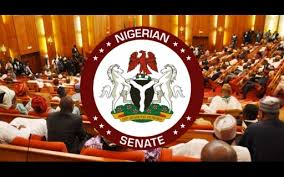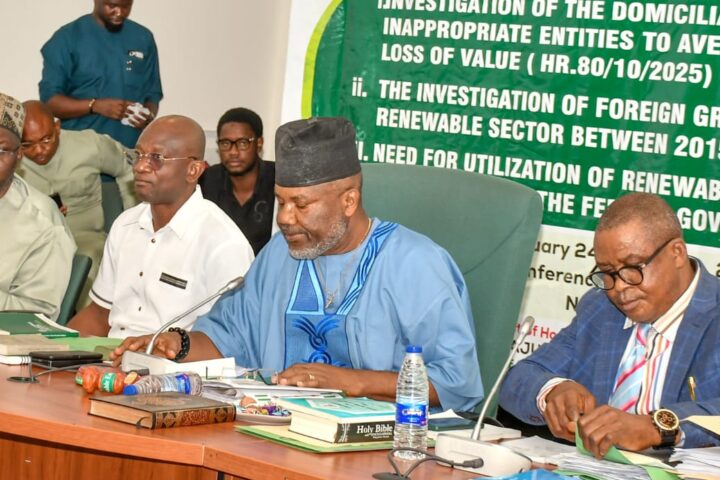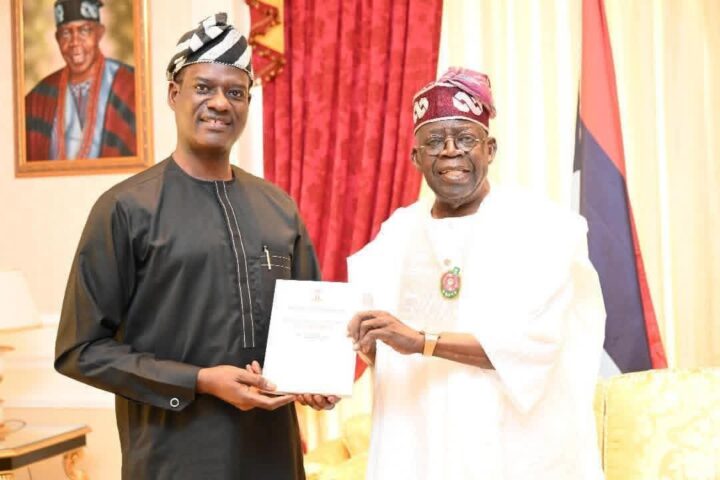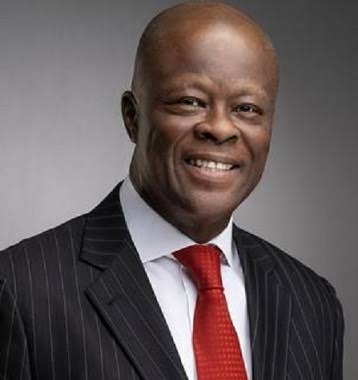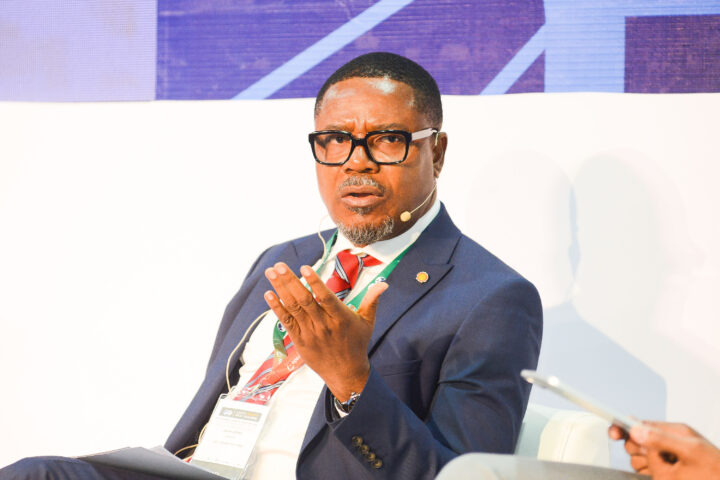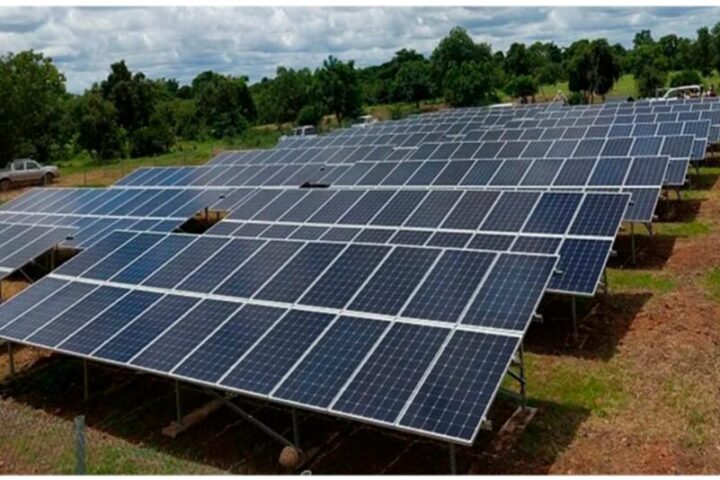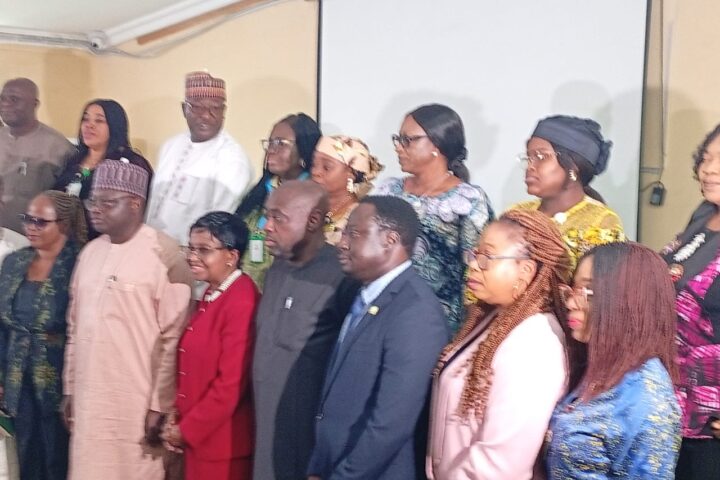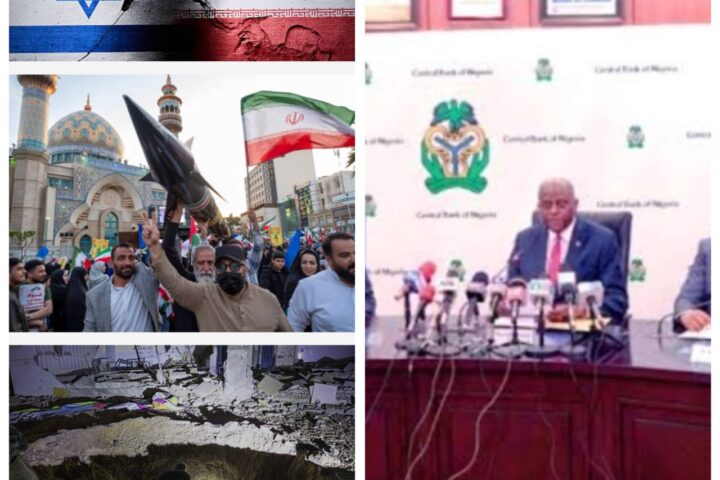Mohammed Shosanya
The Senate has rejected a bill seeking to provide an Act to provide for constituency and other special projects in the annual budget of the Federation and for Related Matters.
It however advocated an increase in the amount given to lawmakers as funds for the Constituency Projects.
The contentious bill which was sponsored by Senator Babaginda Hussaini (APC, Jigawa North-West) was stopped at plenary as it failed to scale through to second reading.
Leading the debate, Senator Hussaini explained that the constituency project is not peculiar alone to Nigeria, as according to him, it was an effective way of ensuring equitable distribution of development across the country.
He added that it helps to draw governance and the dividends of democracy closer to the grassroots.
The lawmaker explained that: “The provisions of this Act shall apply, as more specifically Object and purpose of the Bill provided for in the Act, and shall ensure that specific portions of the Federal Annual Budget are devoted to the constituencies for infrastructural development, wealth creation, social development and the fight against poverty at the Constituency level.
“The list of proposed projects to be covered by this Act shall include only Projects on either the Exclusive List or those on the Concurrent List to obviate against any breach of Constitutional Provisions.
“The member shall submit the project proposal to the Appropriation Committee for input into the Budget.”
Senators,who supported the bill include Wasiu Eshinlokun (APC, Lagos Central) and Kawu Sumaila (Kano South).
Senator Mohammed Monguno said: “As a member of the House of Reps, I got 100m which cannot do anything with the level of inflation ongoing in the country. In some places like Kano, lawmakers don’t get up to N70m because of their numbers.
He added:“I am now in the Senate, and I don’t know how much I will get, some people said I will get 100m/200m, I don’t even know but that amount is grossly inadequate.
“I fully align myself with the fact that a part of the constituency would be budgeted for constituency projects.”
Senator Abdul Ningi (PDP, Bauchi Central) corroborated the argument, explaining that the Constituency Project was one of the reasons why many lawmakers didn’t return to the National Assembly.
On his part, Senator Victor Umeh (LP, Anambra Central) insisted that the issue of constituency projects is not within their purview as lawmakers and that it is the duty of the executive.
Umeh warned that if the lawmakers wanted a legal framework for the constituency project, they would be required to amend the constitution.
He said, “I know that this bill would be popular among members because, among the constituents, we have been erroneously judged by what governors or executive can do in the states and constituencies.
“This bill seeks to infringe on the constitution which is very clear on the functions of all the arms of government.
“To do this, we would have to alter the constitution because this is not one of the functions of the legislature.”
“It is because of the pressure we have been subjected to and due to the understanding of the law, we have been able to agree on what we call the Zonal Intervention Project.
I know the Senate President said that he would intervene in the funds available for what we call the Constituency project.”
Contributing to the debate, the Deputy Senate President, Jibrin Barau said “the Senate operated under our constitution and this constitution is very clear on the role of the National Assembly and this is not just peculiar to our system of government; we have a similar situation in the United States.
“They also have projects that are; they are allowed to take projects to their various zones, constituencies, and so forth.
“There is no law created outside the constitution because the power of the purse resides within the purview of the legislature.
“Now, what is needed here, and which has been done since 2007 is for the president and the legislature to have a compromise.
“Normally, the appropriation process is full of negotiations and compromises, so what is needed in every appropriation process is negotiation.
“Yes, we agree we have a certain amount of money that is being provided now, we need more, so we negotiate with the executive and the attitude of leaders is different.
“Former President Olusegun Obasanjo did not go with us initially but later, he saw reason and he began to soft-pedal on his stance.
“There was the period of the late President Yar’Adua, he agreed and saw reason and looked at the constitution very well and he understood the fact that the power of the purse resides in the National Assembly.
“Then, a certain amount of money was set aside and from then things have been going smoothly.
“When we had a problem with former President Buhari, he refused to release the money and the implementation was very poor.
“However, when the former Senate President, Senator Ahmad Lawant was elected and we had this very sound correlation with the executive, we had 100% implementation.
“As we speak, the present President has already approved for release; 100%. Yes, funds have been released, 100%.
“I don’t think we need this Act. Already, the power is given to us here. If you want it to be 200 billion, we can go and negotiate with the president and if the funds are available, so be it.
“Certain improvements have been made and we are doing very well. So, what I think we need to do is to sit down with the executive.
“Any time we want to make sure that the money is improved upon, we negotiate, not only this, but all aspects of the budgeting process are based on negotiation, so we have no need for this law.
“Senate, however, had to rely on the institutional memories of the likes of the immediate past President of the Senate, Ahmad Lawan who advised his colleagues to approach the issue with tact and wisdom -through dialogue and negotiations with the executive arm of government.
“While it is true that on paper lawmakers have the power of the purse, the execution of the project lies in the hands of the executive arm of government through various ministries, Departments, and Agencies that should be lobbied.”


